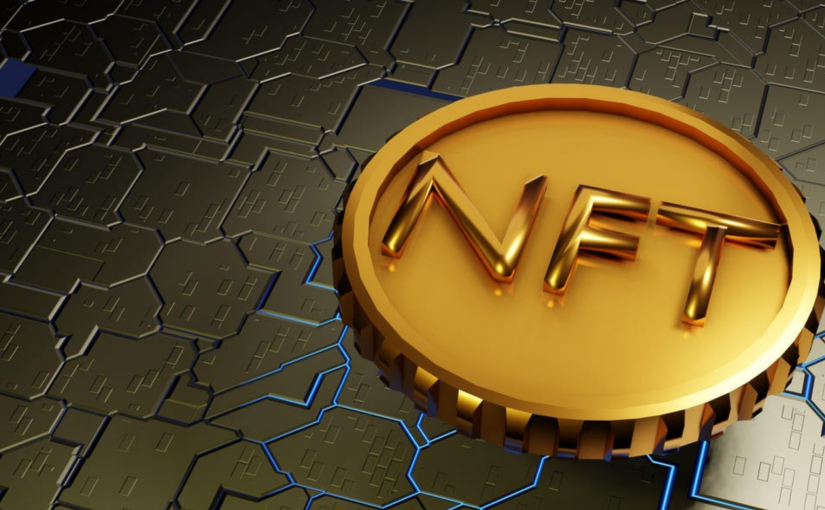You may have heard of NFTs and its growth. NFT or Non-Fungible Token is the unique token, which can’t be replaced with anything. They’re new digital assets such as bitcoin, so you may own them in a form of the collectible artworks and playing cards digitally. The NFTs are totally non-destructible and must be verified since they carry own information, which is built on Entherium blockchain system.
Selecting the NFT marketplace
Firstly, you need to know that the NFT just represents ownership of the asset. Before selecting the NFT Marketplace, first you will have to decide the type of digital asset that you are interested to buy, sell, and create. Just for anything digital — written word, video games, videos, collectors items, art, etc. – will be tokenized on the blockchain (like Ethereum, the common blockchain network are built over), thus narrowing down the interest will be the right place for you to start.
Next consideration is a type of the tokens that are supported on the marketplace. Many support the wide range of the tokens. Some are the closed marketplaces and use specific proprietary token. While opening the NFT marketplace, make sure you fund the blockchain wallet with right crypto and token needed to participate in website’s activity. You will be given link to your wallet to NFT marketplace after you open the account. You must check and see what type of security marketplace has, and suppose it has any issues earlier.

What types of marketplaces are there?
Whereas there are many factors that you must consider, we have found it will be very helpful to characterize the NFT marketplaces on spectrum from the streamlined to augmented. The streamlined NFT marketplaces support the wider range of the NFTs and provide limited and generic services to the sellers, whereas augmented marketplaces are specialized and offer full-service experience.
The streamlined platforms host both fixed-price and auctions sales for various NFTs, and closely resemble the traditional platforms like eBay. Such marketplaces focus mainly on allowing efficient transactions, offering payment infrastructure that will accept both the credit cards and the crypto payments in BTC, Ethereum, and other tokens. They provide minimal services, and due to their breadth, the platforms have large & varied user bases.
The augmented marketplaces generally tend to focus over narrower niches, and provide many value-added services like minting (creating NFT itself), curation, portfolio trackers, marketing, costing recommendations, and full-blown games.
